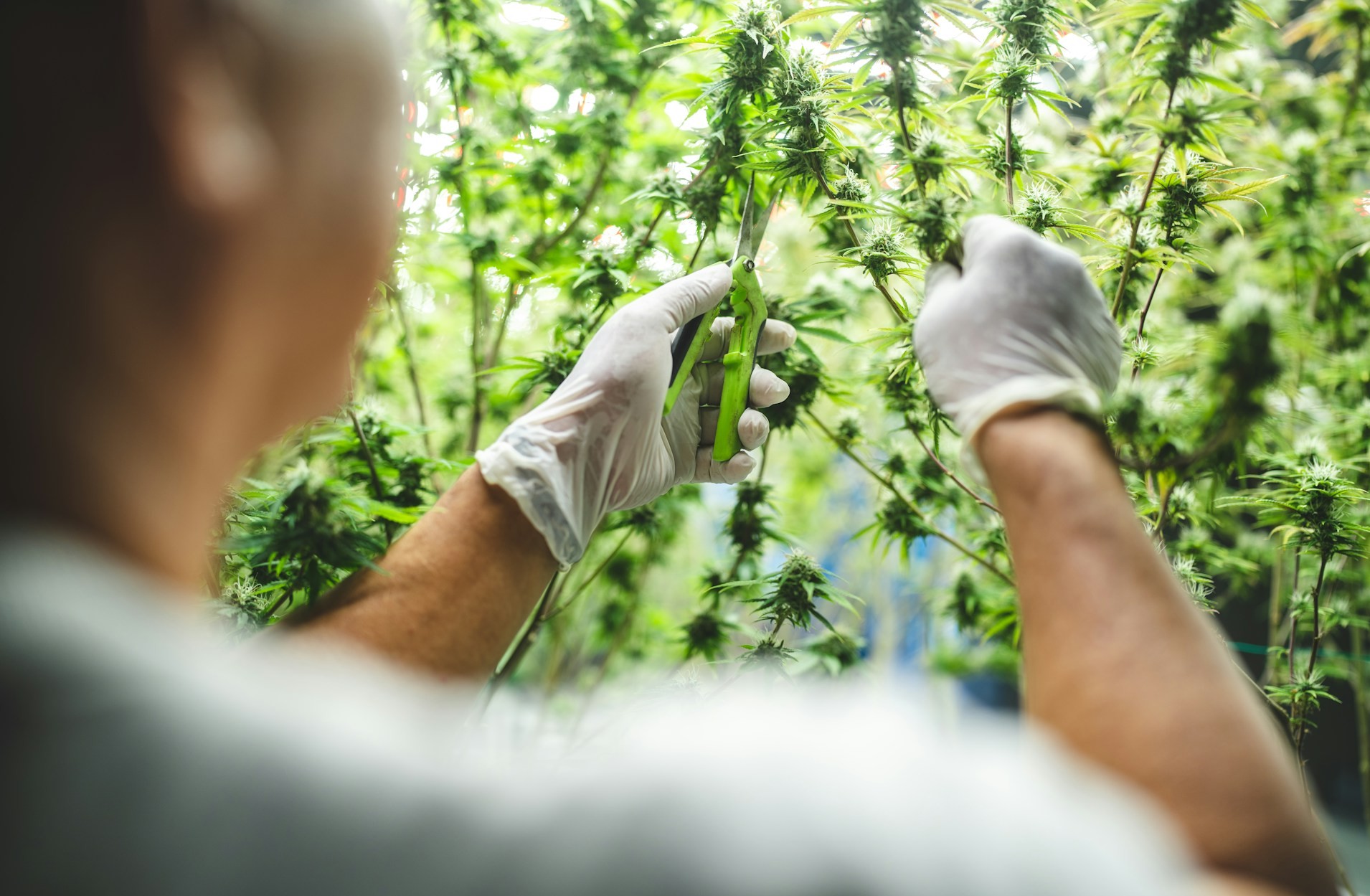[[{“value”:”
NASHVILLE, TENN. – Tennessee’s hemp industry is facing major regulatory upheaval after Governor Bill Lee signed a bill on May 21 that will significantly restrict the production and sale of hemp-derived cannabinoid products beginning in 2026.
The legislation, House Bill 1376, bans products containing THCA and synthetic cannabinoids while also outlawing direct-to-consumer sales. It also transfers regulatory oversight of hemp-derived cannabinoid products (HDCPs) from the state Department of Agriculture to the Tennessee Alcoholic Beverage Commission (ABC).
The bill passed the House 69-21 on April 10 and passed the Senate 23-9 on April 17.
The new law will prohibit sales of HDCPs in convenience stores and grocery stores, limiting them to retailers that restrict entry to those 21 and older or are licensed by the ABC. The hemp must be consumed on site. The legislation also introduces comprehensive regulations for HDCP manufacturers and wholesalers.
State Senator Richard Briggs, R-Knoxville, who sponsored the Senate version of the bill, described the intent as aligning the regulation of HDCPs with the framework used for alcohol sales. “We have a situation here in Tennessee where we essentially are dealing with unregulated recreational marijuana with no regulation,” he said. “It’s the wild west out there.”
Briggs, who is a retired heart surgeon, said the intent of the legislation “is to ensure that hemp products in the state are very carefully regulated to protect the health and welfare of our citizens. All of these substances are intoxicating. They can impair individuals and be harmful to children.”
The bill’s passage has drawn sharp criticism from hemp advocates and trade groups.
A central point of contention is THCA, a non-psychoactive compound in raw cannabis that converts into intoxicating THC when heated. For many hemp businesses, THCA represents a legal pathway to serve markets in states with limited cannabis laws. But to some lawmakers and cannabis industry insiders, it presents a loophole that circumvents the heavily regulated marijuana market.
In a May 2024 letter, Terrence L. Boos, Ph.D., of the Drug Enforcement Administration (DEA), explained that THCA must be counted toward total THC content when evaluating whether a substance qualifies as hemp.
“The ‘decarboxylation’ process converts delta-9 THCA to delta-9-THC. Thus, for the purposes of enforcing the hemp definition, the delta-9 THC level must account for any delta-9 THCA in a substance,” Boos wrote. “Accordingly, cannabis-derived THCA does not meet the definition of hemp under the CSA, because upon conversion for identification purposes as required by Congress, it is equivalent to delta-9 THC.”
Some legal experts argue that the DEA’s interpretation conflicts with the 2018 Farm Bill, which evaluates hemp based on pre-harvest THC levels in the field, not in finished consumer goods. Under that interpretation, products with high THCA content could still be considered legal if the harvested plant tested below 0.3% delta-9 THC on a dry-weight basis.
The controversy extends to synthetic cannabinoids as well. The DEA maintains that all synthetically derived tetrahydrocannabinols, including delta-8 THC and THC-O, remain Schedule I controlled substances. Yet, recent federal court rulings have challenged that position. In 2022 and 2024, the US Ninth and Fourth Circuit Courts of Appeals rejected the DEA’s interpretation, adding further uncertainty to the legal landscape.
In 2022, the US Ninth Circuit Court of Appeals ruled that hemp-derived delta-8 THC products are legal under the Farm Bill, if they contain less than 0.3% delta-9 THC.
In 2024, the US Fourth Circuit Court of Appeals ruled that hemp-derived THC-O is federally legal under the 2018 Farm Bill, contradicting the DEA’s classification as a Schedule I substance.
As Tennessee prepares to implement one of the most restrictive hemp laws in the country, the debate underscores deeper divides over who gets to define safety, fairness, and economic opportunity in the rapidly evolving cannabinoid market.
“}]] Tennessee’s hemp industry is facing major regulatory upheaval after Governor Bill Lee signed a bill on May 21 that will significantly restrict the production and sale of hemp-derived cannabinoid products beginning in 2026. Read More


